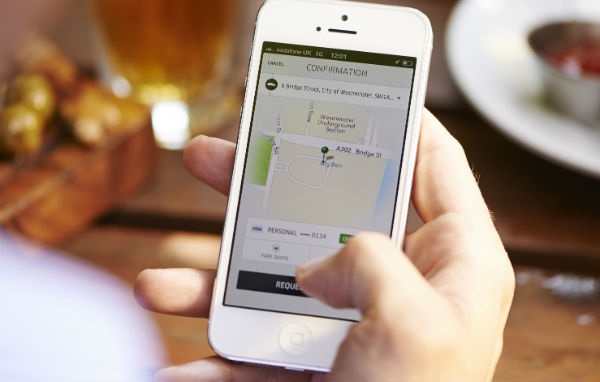Uber arrives in Uganda
Uber arrives in Uganda

Global mobile taxi service platform Uber has launched in Kampala, Uganda, and its immediate objective is to improve urban mobility in the city. Despite reports of backlash from metered taxi operators in other African cities to the service, including Johannesburg and Nairobi, the company is confident of being able to partner with local operators.
In an announcement Uber confirmed the availability of its service in what it describes as "a growing city in the heart of Uganda, a country with a fast-growing economy."
According to Uber the World Bank forecasts that the Ugandan economy is growing at a positive and upward trajectory.
"This is owing to targeting development of Uganda's infrastructure and intensified investment in the private sector. The World Bank also notes that Uganda is one of the world's youngest populations, with 700,000 new people entering the workforce each year. With its people, energy, innovation, entrepreneurial and rapidly growing economy, Kampala is an exciting place for Uber to bring its services," the company stated.
Alon Lits, General Manager for Uber Sub-Saharan Africa says, "We're really excited to be launching Uber in Kampala, a world-class African city. We are inspired by the city's rapidly developing infrastructure and spirit of entrepreneurship and look forward to giving people in the city an affordable, easy and flexible choice to move around the city safely and reliably."
"We are mindful of the city's current traffic congestion, and we aim to be part of the solution in improving it, while creating new, fruitful opportunities for drivers. Ultimately, we hope to reduce the strain on the city's roads, and minimise the environmental impact of traffic congestion that is part of a growing economy."
The company also announced the offer of free rides which can be accessed on the Uber app between 1pm on 2 June until midnight on Sunday 5 June.
Impact on competition
Uber has made headlines in Kenya and South Africa for incidents of resistance by metered taxi operators who have accused the company of unfair pricing.
In February the Kenya United Taxi Organisation also accused Uber cabs of not paying county council fees and the organisation threatened to stage a massive protest.
In May South African transport economists and industry insiders were left perplexed by incidents of violence in the area of Sandton, Johannesburg when metered taxi operators reportedly turned on Uber drivers.
As to the company's anticipated impact on Uganda, Uber stated that it is partnering with existing operators.
"Currently in Kampala, there are a number of transportation alternatives, including other companies like Uber. We love choice and are proud to be bringing another choice to this city. Kampala has many transport options [bus/bikes/taxis] and now they have Uber," said Lits.
He added that the company provides "unprecedented safety" allowing the rider to receive the driver's photo, name, car registration while they watch the car arrive in real time.
Those who use Uber have access to a live GPS-enabled map that they can share with friends and loved ones who can track their progress, ensuring they arrive safely.
"At the end of all Uber trips, both the both the rider and driver rate the trip to ensure quality control," Lits said.
